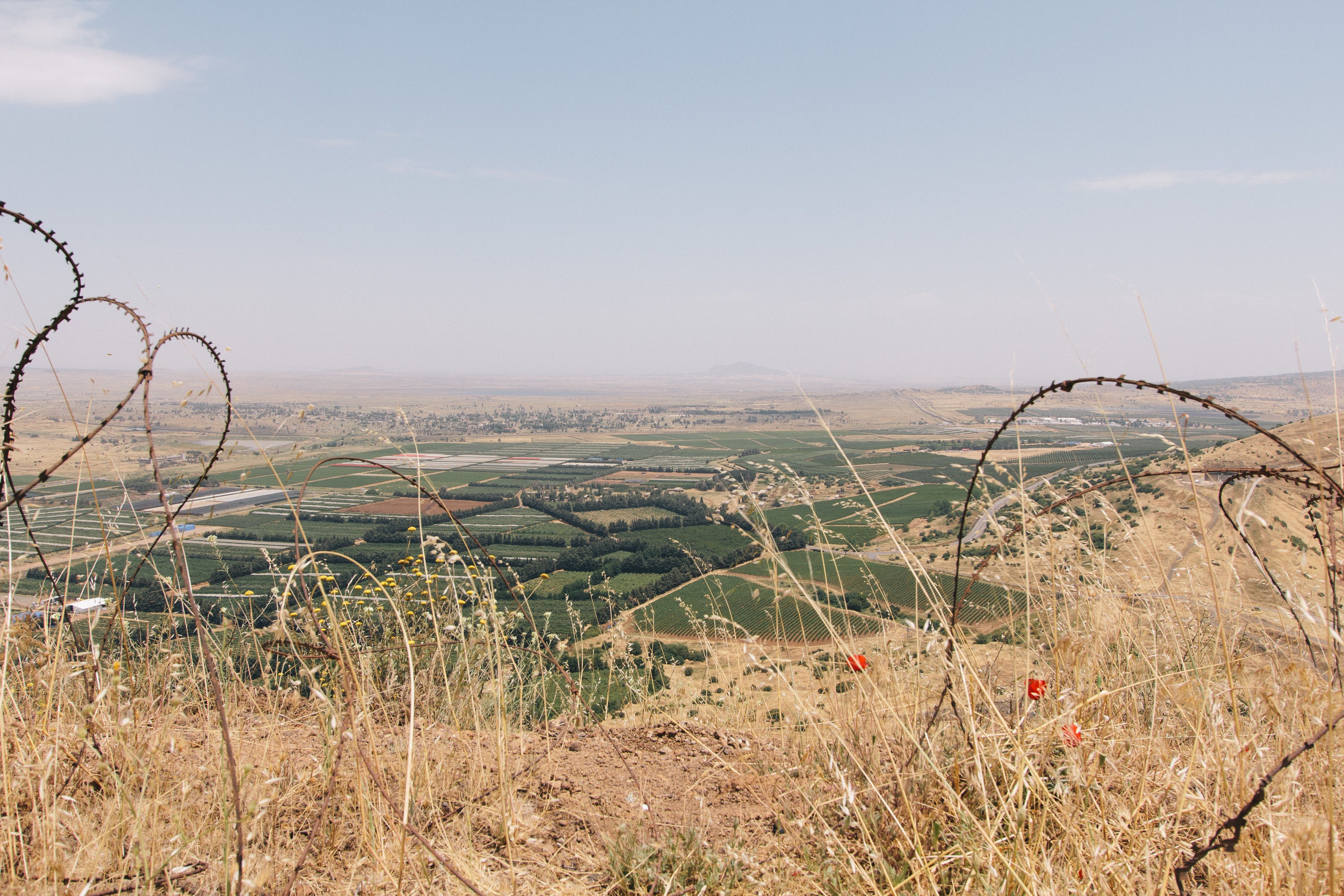The perils of covering Israel-Palestine
Over the past week, Israel-Palestine has hit the news again, and the coverage has provoked about the requisite amount of controversy. Why has this latest development been so divisive, and is it possible to actually discuss Israel-Palestine in a way that will not enrage viewers?
I have no particular opinion on Israel-Palestine, so I’ll try to present it as fairly as I can. Here’s what happened. Last December, President Trump announced that he would move the US embassy in Israel to Jerusalem – it had previously been in Tel Aviv, because both Palestine and Israel claim Jerusalem. The move was met with a global mix of support and condemnation. So, on 14 May, as the new embassy was opened (a particularly symbolic move, as the week marked the 70th anniversary of the founding of Israel), violence broke out on the Israel-Gaza border. Tens of thousands came from Palestine to the border and Israeli security forces shot and killed 58 Palestinians. International opinions criticised primarily Israel’s handling of events, with some also questioning the role of Hamas.
On the most recent edition of Newswatch, the BBC’s coverage of the violence was addressed, with hundreds of complaints on both sides. Many said that the reporting had been pro-Israel, referring to a BBC headline that calls the violence a “clash” – the viewers felt that “massacre” of “unarmed protestors, some of whom were children” would have been a more accurate description. Another viewer objected to the use of the word “defending” (as in “Israel was defending itself”), believing that it implied BBC support of Israel and, thus, of “future atrocities”.
The BBC, of course, used the excuse that it had received complaints from both sides as proof that they were getting their coverage about right
Then, the anti-Israel side. A viewer complained about the BBC using the word “protest” to describe what they referred to as the Palestinian’s “war-like actions at the Gaza border,” and suggested that “riot” would have been a more accurate term. A second viewer believed that the BBC’s coverage was “unrelievedly from the Palestinian point of view” and that Israel had been confronted with a “a massed invasion” that, if successful, “could easily have resulted in the murder of many Jews”.
The BBC, of course, used the excuse that it had received complaints from both sides as proof that they were getting their coverage about right – having looked at numerous transcripts of the broadcasts, I’m inclined to believe that the coverage tended towards the anti-Israel side (especially if you look at some of their other political shows, like a particularly terrible edition of Question Time). If you look at the social media accounts of numerous big BBC journalists, they’ve always been sympathetic to Palestine, but I reckon that the Trump factor also played an effect here. President Trump is on the side of Israel and condemned Hamas for the violence – at the BBC, if Donald Trump is on one side of an argument, the other side must be the correct one.
it’s the role of the news to be as factual as they can
There was no mention on any of the BBC One main bulletins about something that strikes me as key – the extent of Hamas’ involvement. According to Hamas itself, about 80% of the Palestinians killed that day were Hamas members, and there have been numerous reports of Hamas paying civilians to martyr themselves on the border for the propaganda value (a report that Jeremy Bowen addressed with the intention of debunking it). The media has also been keen to stress that the protestors were unarmed, in comparison to Israel’s security forces – although not true of every protestor, footage and photos has depicted some Palestinians with firebombs and explosives. Including any of these details would have massively changed the tone of the coverage and, as an impartial news outlet, it’s hard to imagine why you wouldn’t.
The question is this – how do you (or, indeed, can you) cover Israel-Palestine events in a way that doesn’t upset your viewers? With an issue as polarised as this, I don’t think you can – as we’ve seen, viewers will always find fault if you don’t use harsh enough terms to describe the side they don’t like – and so the impetus should then be on providing the most impartial analysis possible. When an issue is divisive, it’s the role of the news to be as factual as they can and, if there’s fault on both sides, to actually report it.

Comments